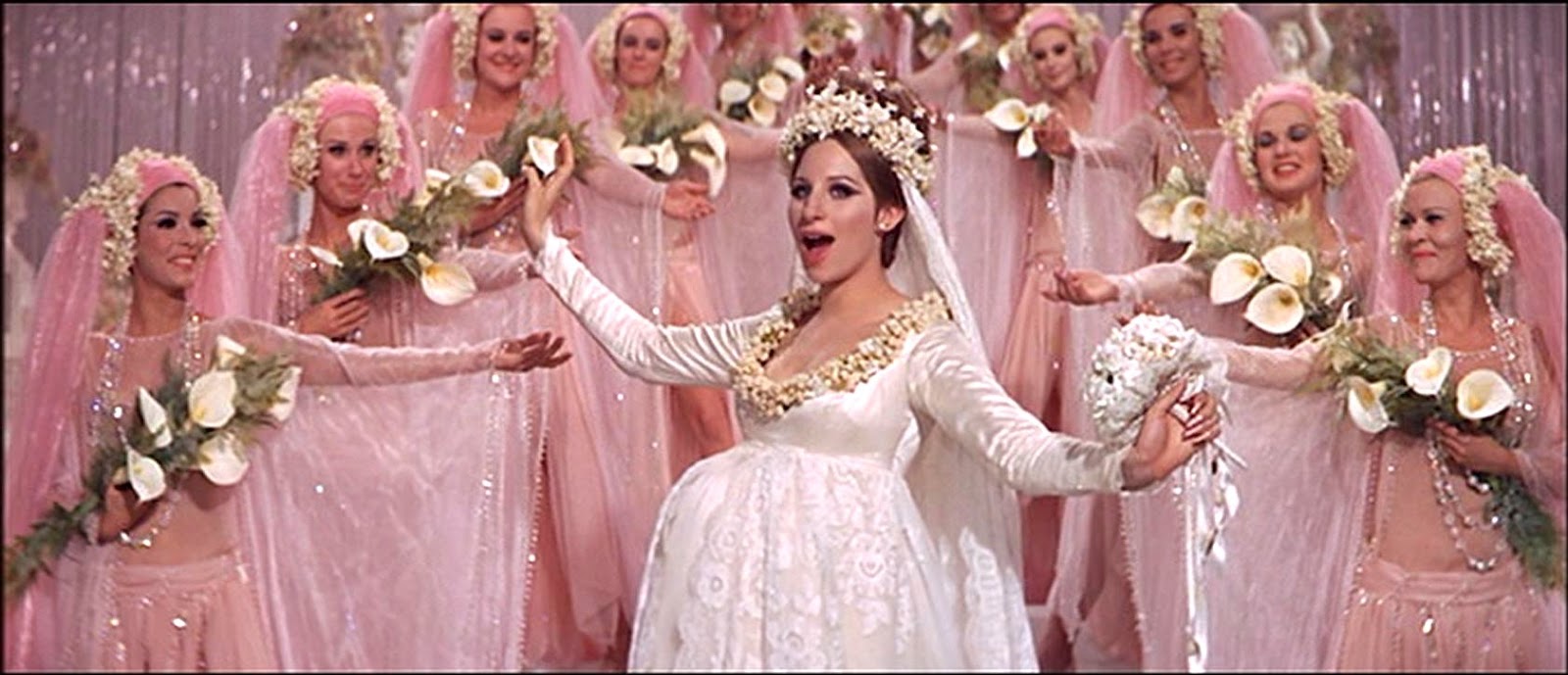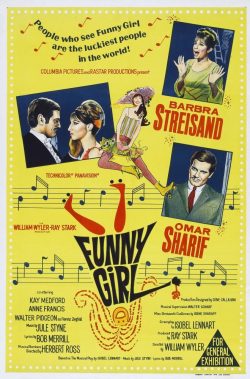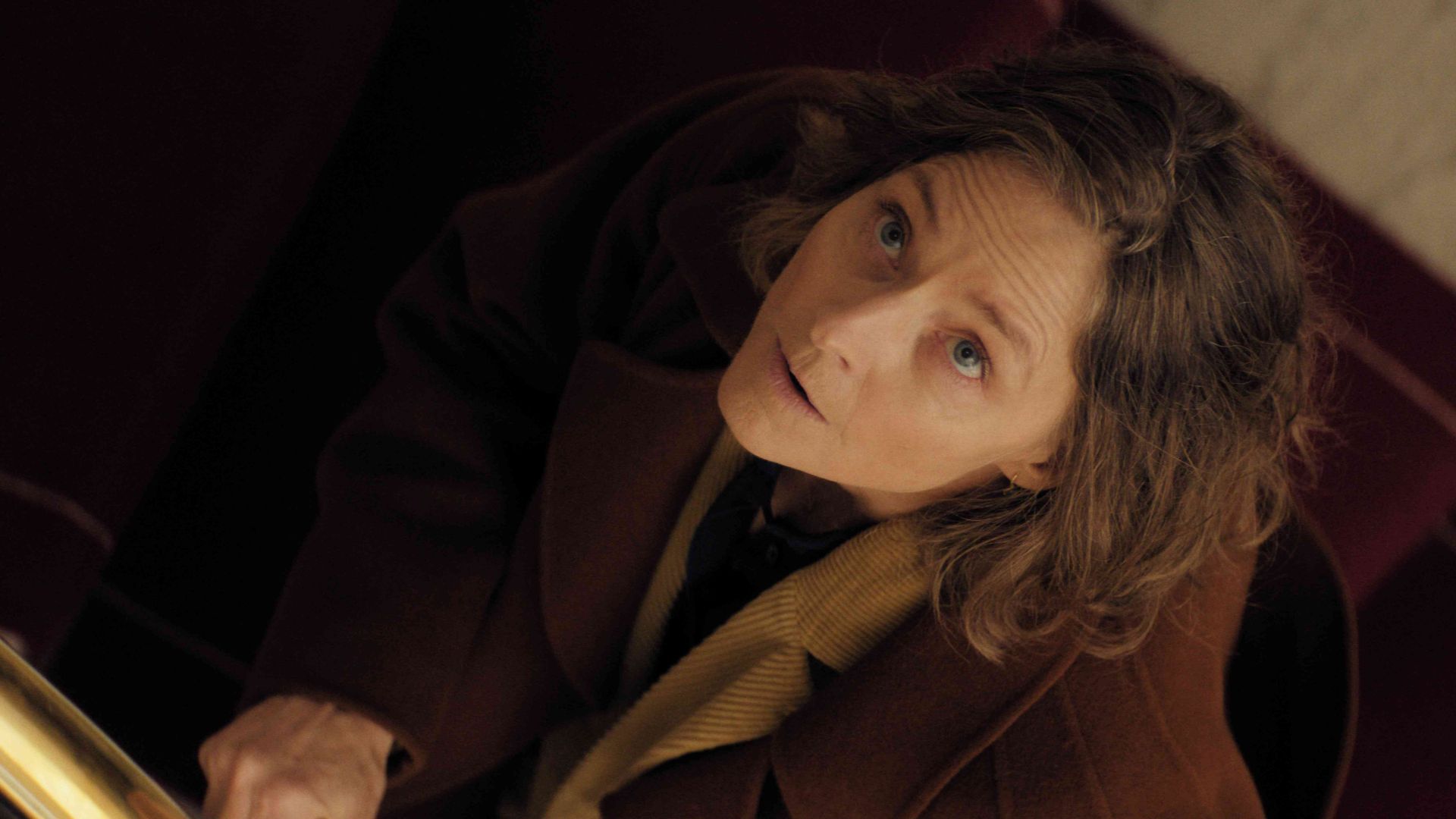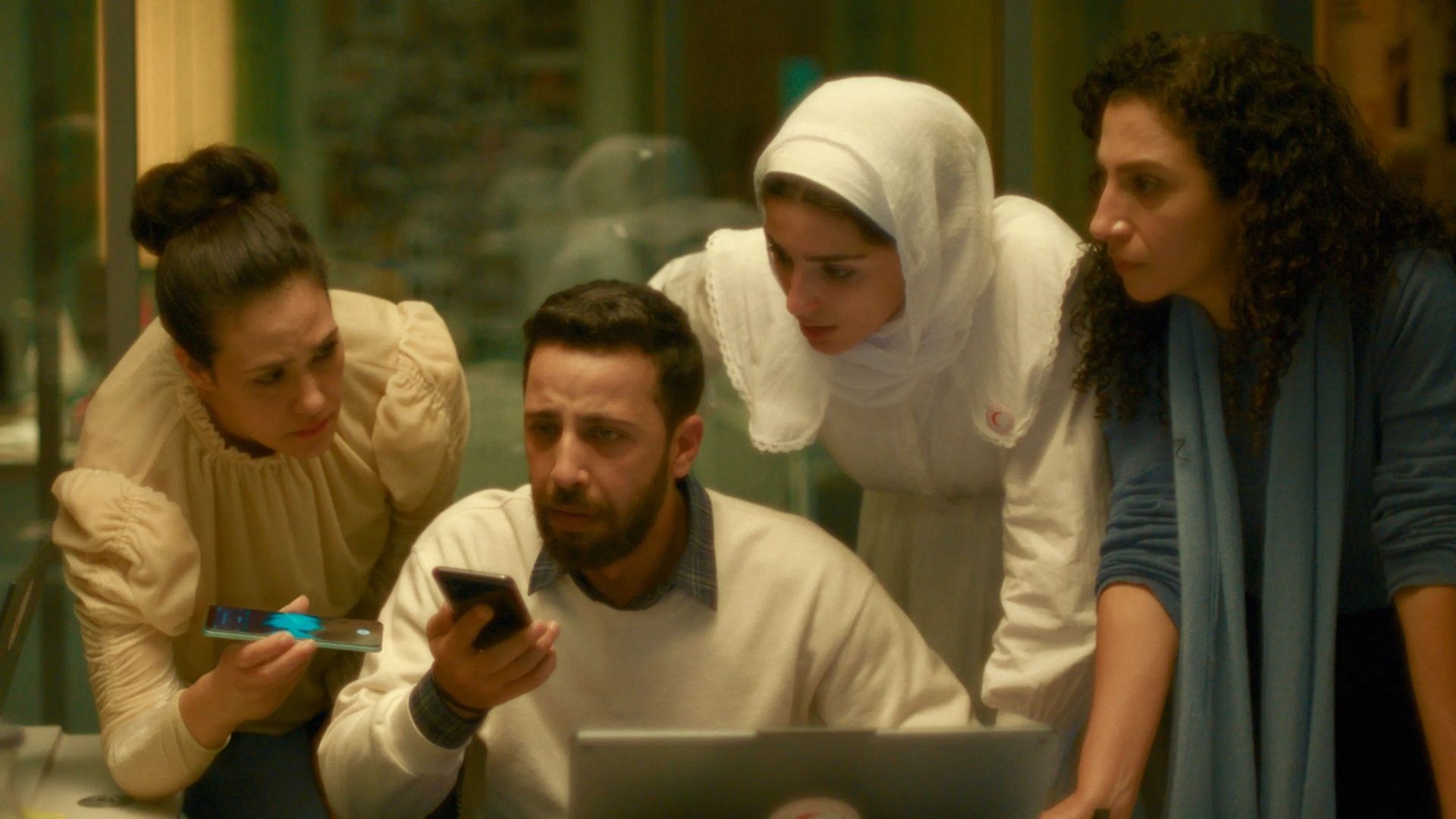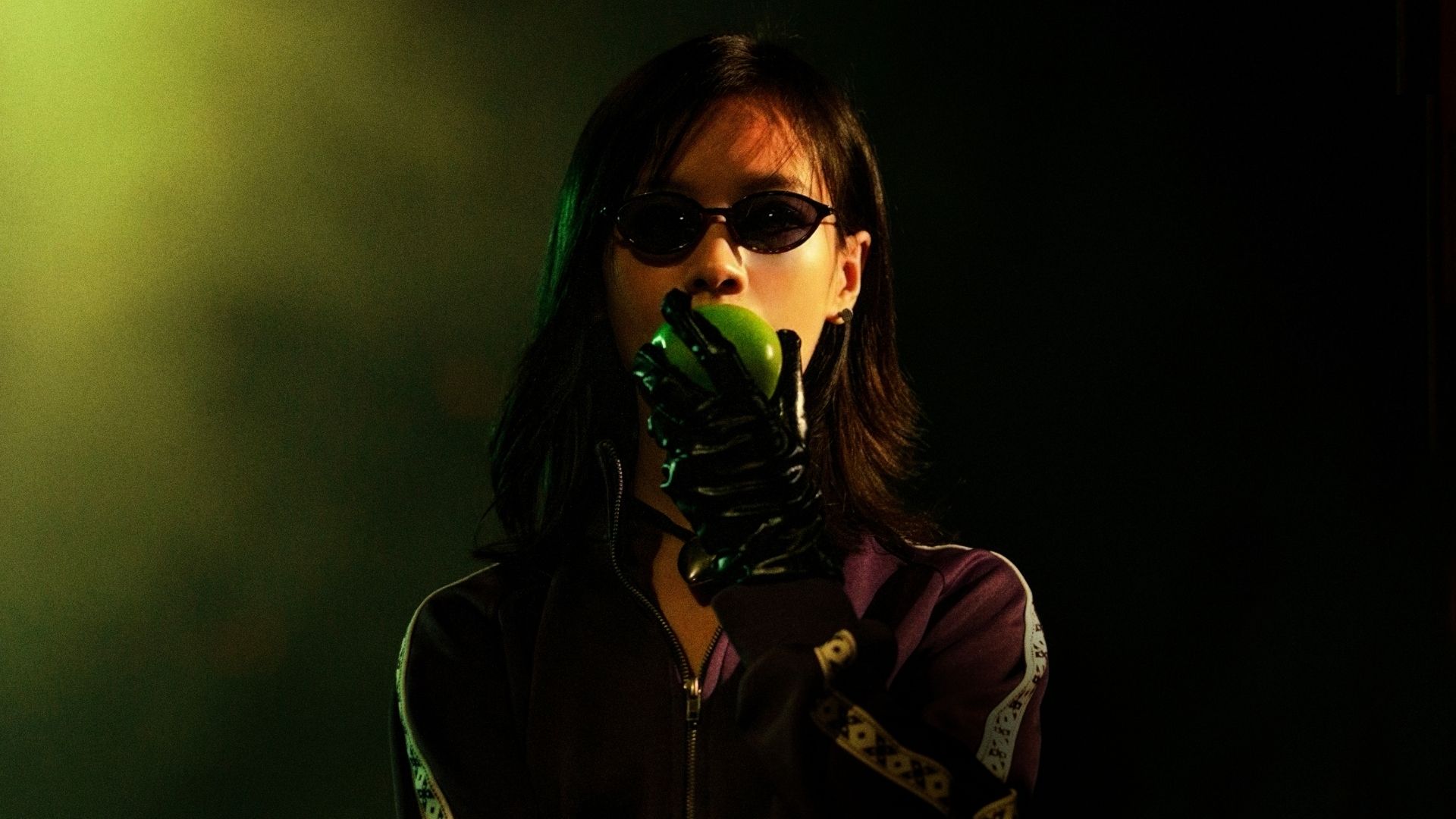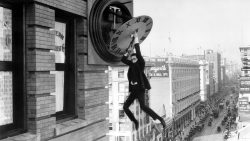In 1968, Barbra Streisand burst onto the silver screen with one of the best debuts in cinema history, taking home an Oscar for her performance. Based on the stage musical of the same name, Funny Girl follows the life of Fanny Brice (Streisand), from singing in barrooms in her Lower East Side neighborhood to her ascent to glamorous Broadway as part of Florenz Ziegfeld’s company—but her tumultuous romance with gambler Nick Arnstein (Omar Sharif) complicates her path to stardom.
________
Followed by a Q&A with Dan Callahan, author of Bing and Billie and Frank and Ella and Judy and Barbra.
Streisand figures prominently in Dan Callahan’s new book, Bing and Billie and Frank and Ella and Judy and Barbra. Here is the epic tale of how these artists dominated American popular music over a fifty-year period, a roller coaster ride that gains momentum through the 1930s and ’40s, reaches a crest of magical creativity in the 1950s and early ’60s, and then crashes down by the early 1970s, a half century when the great American songbook dominated the airwaves and the fight for racial equality came to the forefront. Ella was beloved in her time, and she is still beloved. Frank is still the king of the songbook, but Bing’s legacy is just as vital once you start listening to his unprecedented 1930s output. The best songs from Judy’s greatest triumph, her 1963–64 TV series, are shared endlessly online. The legend of Billie grows by the year, and the basis of this should be appreciation and wonder for her own great artistry in the 1930s. Barbra is a living legend and still a commercial force to be reckoned with, the last exemplar of the songbook and its glories. All six of these singers reach out to us and show us new ways of expression and new ways to dream.
Copies of Bing and Billie and Frank and Ella and Judy and Barbra will be available to purchase after the screening, courtesy of The Village Bookstore.
